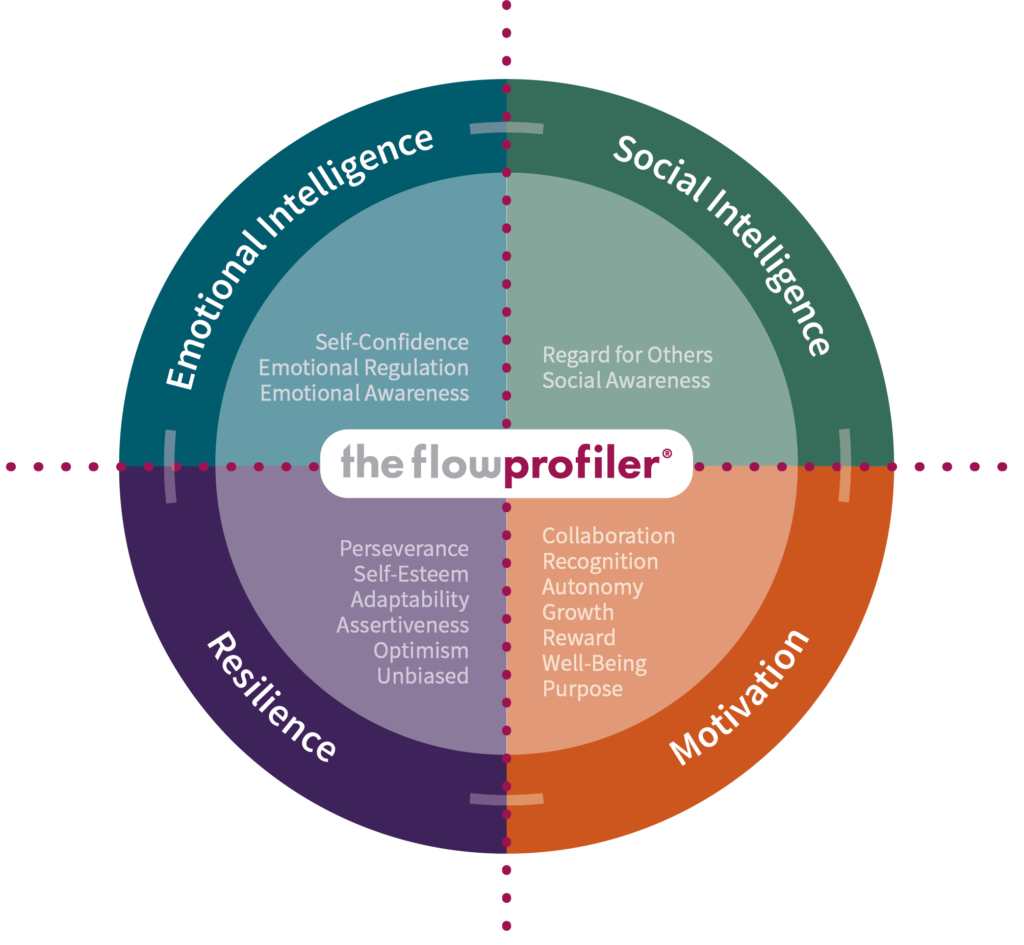As the government encourages the nation to get back to work, we look at the elephant in the room for many employees - what are we going to do with the children?

The UK government has announced that we should all get back to work wherever possible. However, many face the usual summer problem of school holiday childcare arrangements, with an added layer of complexity: Reduced holiday childcare settings and shielding grandparents.
Many of us rely on a mix of family support and activity clubs to get through the six weeks of high summer. It’s a stressful experience at the best of times but this year will be even harder. While schools provided at least a basic structure of homeschooling provision since March, the imminent school break will face many parents with dread.
Employers have traditionally seen this period as beyond their remit. However, what we face is anything but traditional and organisations must shoulder their share of responsibility to support their people. UK PM Boris Johnson urged employers to “consult closely with their employees” to understand their needs. In order to maintain employee wellbeing and productivity, and avoid burnout, employers must continue to encourage flexibility in the workplace, wherever that needs to be.
Yet while the government has given the ‘back to work’ order, it hasn’t given employers clear guidance to ensure that employers do the right thing and that parents don’t lose their jobs.
"It will take time for businesses to settle in and adjust to the ‘new normal’, but it is important that managers and leaders listen to their colleagues before putting a strategy in place. Now that many UK employers seriously consider how they will approach the return to the office, it is crucial that they ensure the process is a collaborative one.”
Martina Ruiss, Head of HR, Personio
Develop a culture of open conversation based on emotional intelligence
This doesn’t mean scheduling weekly Zoom meetings. While these are necessary for business operations, these meetings are rarely the right place for more personal conversations. Instead your people need to feel that the can pick up the phone or even arrange a socially distanced face-to-face meeting at any time. What starts as a simple scheduling headache can turn into a catastrophe if left unaddressed for even a few days. It could be as simple as the regular team meeting running for ten minutes too long, that then impacts with children’s lunch. This might seem minor to some, but in our experience can trigger disaster at home. Make sure that your people are empowered to raise these home-workplace issues and believe that they will be treated fairly.
Emotional and social intelligence are vital to developing a culture of open conversation. Having regard for others shows that your people trust, value and support their peers not just in a day-to-day environment, but also when under pressure. Having social awareness means that your teams and leaders are observant and attentive, especially important if you feel that a colleague is struggling in silence.
Emotional regulation then enables an individual to respond appropriately and with composure to agree on the best way forward. It’s inevitable that summer childcare may have an adverse impact on how someone is able to do their job. It may be that others have to compensate. But it’s important to remember that this is temporary and pulling together in the interests of the bigger picture is what will secure success through the COVID crisis.
eqflow® from flowprofiler® helps teams and individuals to develop their emotional and social intelligence. It delivers deep insights which uniquely measures emotional intelligence day-to-day and under pressure. With theses insights your people can increase their personal effectiveness, improve their workplace relationships and develop greater resilience.
Develop emotional intelligence, resilience, motivation and with flowprofiler® to help your people manage pressure.
With a keen focus on positive psychology, flowprofiler® uniquely measures resilience, motivation and emotional intelligence across two states: day-to-day and under pressure.
The result is rich diagnostic information, easy to understand feedback and meaningful professional development.
Identify situational change with McQuaig
With teams working remotely, it can be difficult to identify when someone is experiencing factors which lead to behavioural change. The McQuaig Word Survey® helps employers to understand when an individual is behaving differently to normal at work. This ‘Situational’, as opposed to ‘Real’ profile may show changes in behaviour which if not addressed could lead to burnout and reduced productivity. The McQuaig Word Survey® and Self Development reports enable employers to start conversations with their people that strengthen workplace relationships through and beyond COVID.
Understand how your people are behaving differently and what you can do to support them with McQuaig.
The McQuaig tools measure the traits needed for success in any role. It looks at how a person prefers to behave naturally and compares this with how a person is behaving in their current job. The analysis between the two shows any adjustments the individual is making and whether they are showing signs of high or low morale.
Use flowprofiler® and McQuaig to support your people
What employers do now, and how they add value for and invest in their people, will define working relationships well beyond the COVID crisis. It will differentiate organisations as an employer of choice with professional development opportunities and support that benefits all aspects of your employee’s personal and professional life.







